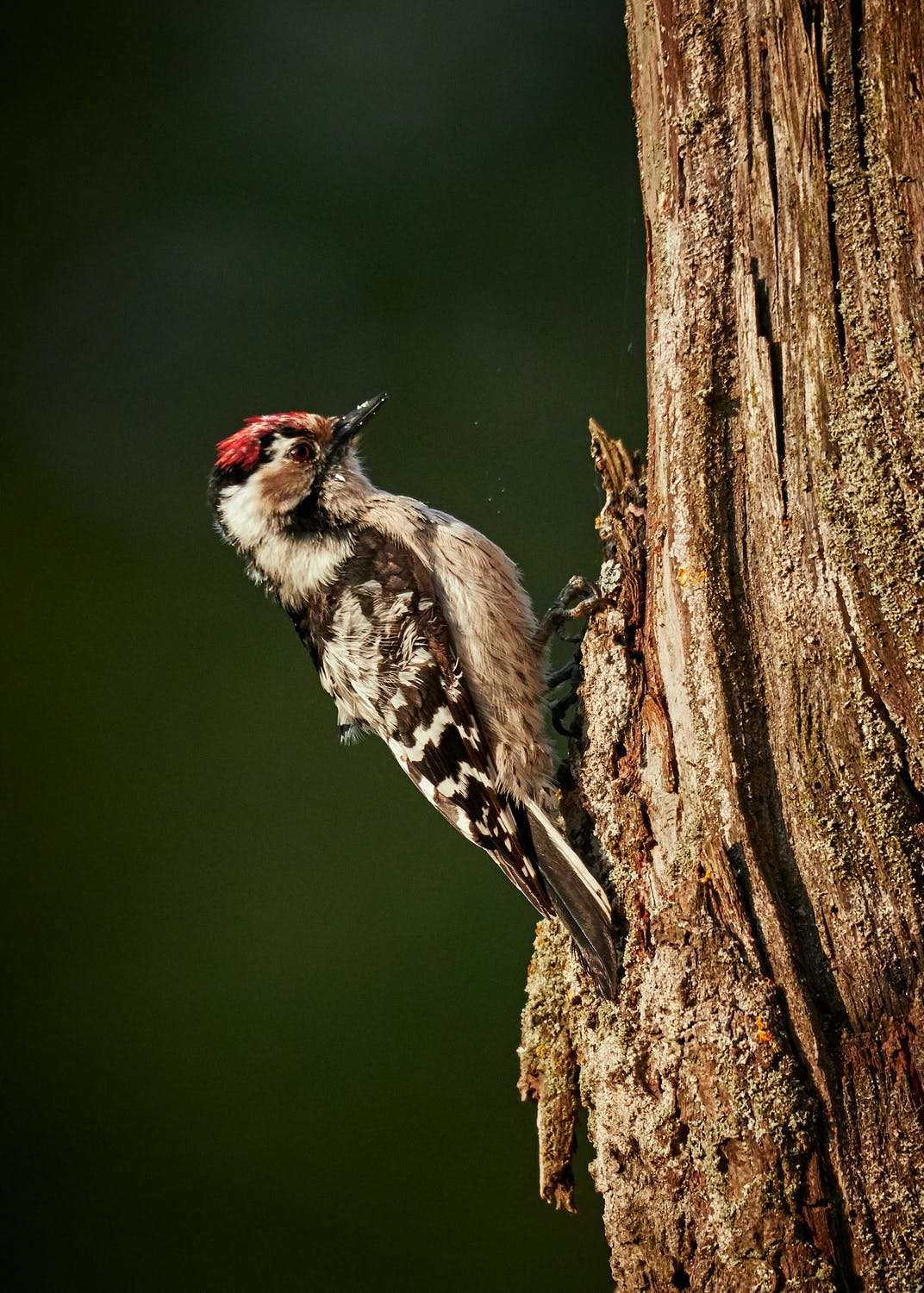
|
(519) 742-7774 Free initial Consultation Home and Hospital Visits Available |
|||
Why Don’t Woodpeckers suffer TBI? |
|
August 09, 2022, Kitchener, Ontario Posted by: Robert Deutschmann, Personal Injury Lawyer
This publication from Smithsonian Magazine considers this exact questions. In short the researchers determined that the birds can withstand sudden brain/head movement much better due to their small size. Think about a fly. When it hits a window it simply bounces away and keeps flying. In the woodpecker’s case, their brain is 700 times smaller than human brains. According to the models the birds would need to strike wood twice as hard as they do in order to injure themselves. In this case, humans cannot adapt the woodpecker’s protection method. You can read the entire study in Current Biology. Here is the summary of the report: Woodpeckers minimize cranial absorption of shocksSam Van Wassenbergh, Erica J. Ortlieb, Maja Mielke, Christine Böhmer, Robert E. Shadwick, Anick Abourachid Highlights
Summary The skull of a woodpecker is hypothesized to serve as a shock absorber that minimizes the harmful deceleration of its brain upon impact into trees and has inspired the engineering of shock-absorbing materials and tools, such as helmets. However, this hypothesis remains paradoxical since any absorption or dissipation of the head’s kinetic energy by the skull would likely impair the bird’s hammering performance and is therefore unlikely to have evolved by natural selection. In vivo quantification of impact decelerations during pecking in three woodpecker species and biomechanical models now show that their cranial skeleton is used as a stiff hammer to enhance pecking performance, and not as a shock-absorbing system to protect the brain. Numerical simulations of the effect of braincase size and shape on intracranial pressure indicate that the woodpeckers’ brains are still safe below the threshold of concussions known for primate brains. These results contradict the currently prevailing conception of the adaptive evolution of cranial function in one of nature’s most spectacular behaviors.
|
|
| Posted under Accident Benefit News, Brain Injury, Concussion Syndrome, traumatic brain injury
View All Posts |
|
About Deutschmann de Koning Law Deutschmann de Koning Law serves South-Western Ontario with offices in Kitchener-Waterloo, Cambridge, Woodstock, Brantford, Stratford and Ayr. The law practice of Robert Deutschmann and Nick de Koning focuses almost exclusively in personal injury and disability insurance matters. For more information, please visit www.ddinjurylaw.com or call us at 1-519-742-7774.
|
|
Contact us for a
free initial consultation |
Personal Injury Blog
Connect with us
Deutschmann de Koning Law concentrates its practice in matters concerning car accidents, motorcycle accidents, pedestrian accidents,bicycle accidents, catastrophic injury, serious injury, brain injury, spinal cord injury and disability insurance claims. Serving Kitchener, Waterloo, Cambridge, Brantford, Ayr, Woodstock, Guelph, Milton, Elmira, Tavistock, Tillsonburg, Ingersoll, Norwich, Elora, Fergus, New Hamburg, Ontario and surrounding areas. “Deutschmann Law Professional Corporation” is practicing under the name Deutschmann de Koning Law. © 1998 - 2025 Deutschmann de Koning Law Accident, Injury Lawyers and Disability Lawyer Site Map Disclaimer Website by We Think Solutions Full Site | Mobile Site |
 In humans
In humans 